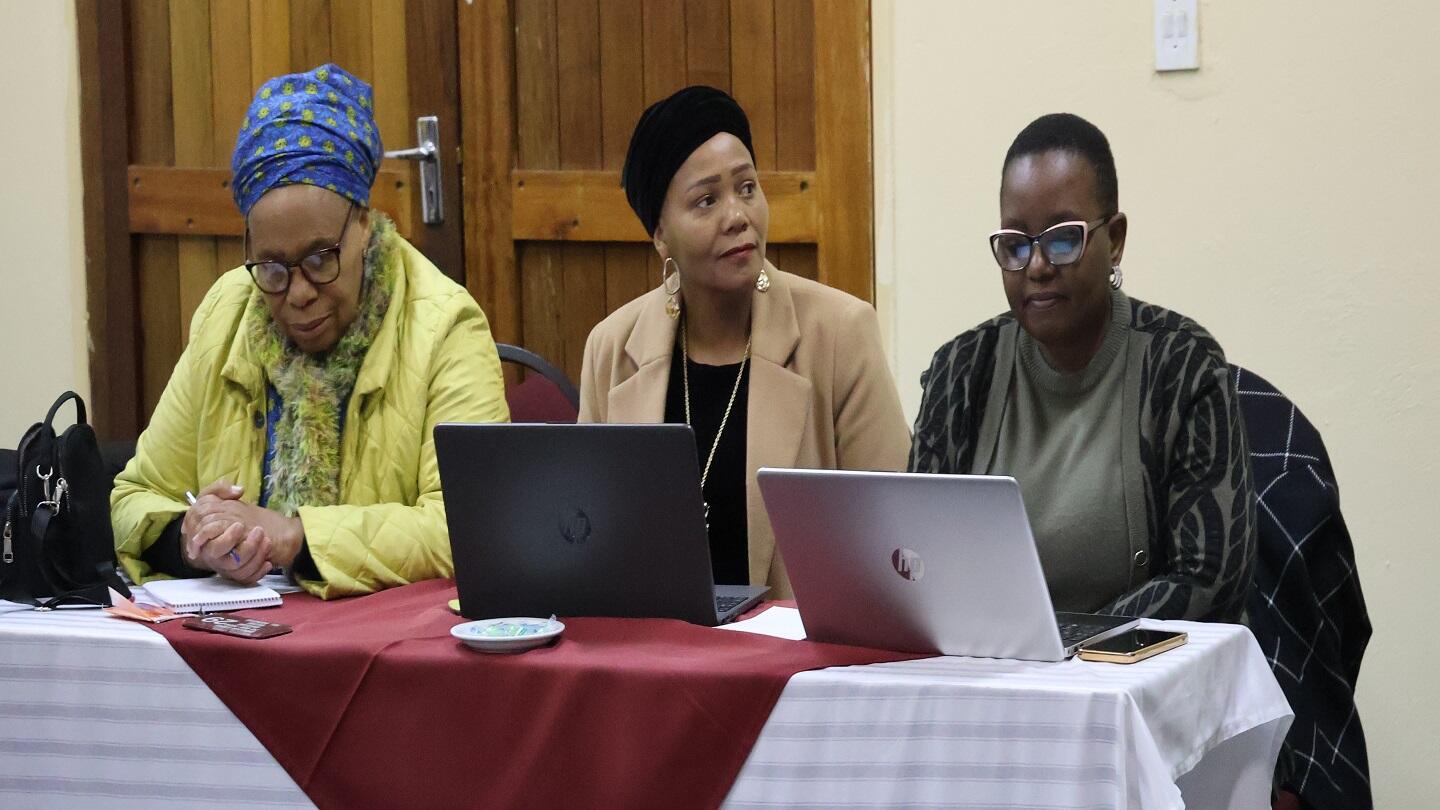Twenty lecturers from the Lesotho College of Education (LCE) have embarked on a transformative seven-day training on delivering Comprehensive Sexuality Education (CSE), at ‘Melesi Lodge, Thaba-Bosiu from Monday (02/06/2025). The initiative marks a major step towards integrating CSE into both in-service and pre-service teacher training programmes—laying the groundwork for a generation of empowered, informed, and healthy young Basotho.
Spearheaded by UNFPA, the United Nations Sexual and Reproductive Health agency, in collaboration with the Ministry of Education and Training, UNESCO, and UNAIDS, the workshop is more than a training session—it is a turning point in Lesotho’s efforts to confront and overcome deep-rooted sexual and reproductive health (SRH) challenges, including teenage pregnancy, child marriage, and the spread of HIV and other sexually transmitted infections.
Addressing the participants, UNFPA Representative to Lesotho, Mr Innocent Modisaotsile, lauded LCE for its swift and determined commitment to institutionalizing CSE. “This timely action reflects strong leadership and a shared vision for advancing the health and wellbeing of young people in Lesotho,” he said.
He emphasised that by embedding CSE into foundational teacher training, LCE is proactively addressing SRH issues at their source. “This initiative holds transformative potential. By equipping future educators with accurate information and practical tools, we are empowering them to foster informed, confident, and resilient learners who can navigate the complexities of adolescence and adulthood.”
He reminded the lecturers of their critical role in shaping the nation’s future. “You are not just educators; you are the architects of the future. Your trainees will become the backbone of our education system and will play a defining role in equipping our youth with the knowledge and confidence they need to thrive.”
The training covers a broad program—ranging from the anatomy and physiology of the reproductive system, puberty, and adolescent development to menstruation, conception, contraception, family planning, and the prevention of HIV and other STIs. It also addresses Sexual and Reproductive Health and Rights (SRHR), encouraging gender equality and challenging harmful social norms.
The training also aims to support the development of tailored CSE course outlines that align with LCE’s curriculum, ensuring CSE is not a one-time topic but a sustained, integrated component of teacher education.
Officially opening the workshop, Acting Rector of LCE, Ms Nthabiseng Mobe, reinforced the institution’s vision to see CSE mainstreamed across all its programmes. “CSE is not only about preventing sexual violence—it also plays a critical role in advancing gender equality and enabling youth to realise their full potential,” she said.
She underlined the importance of sustainability and institutional ownership of the initiative. “LCE is not merely participating in a project—we are committing to a lasting transformation of how we prepare educators for the future.”
She also extended gratitude to UNFPA, UNAIDS, and UNESCO for their unwavering support in turning this vision into a reality. “We appreciate your role in ensuring that LCE and its lecturers are empowered to deliver CSE with the sensitivity and depth it deserves.”


